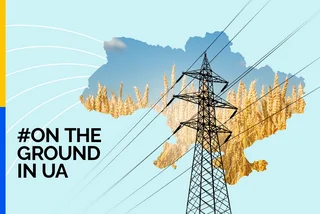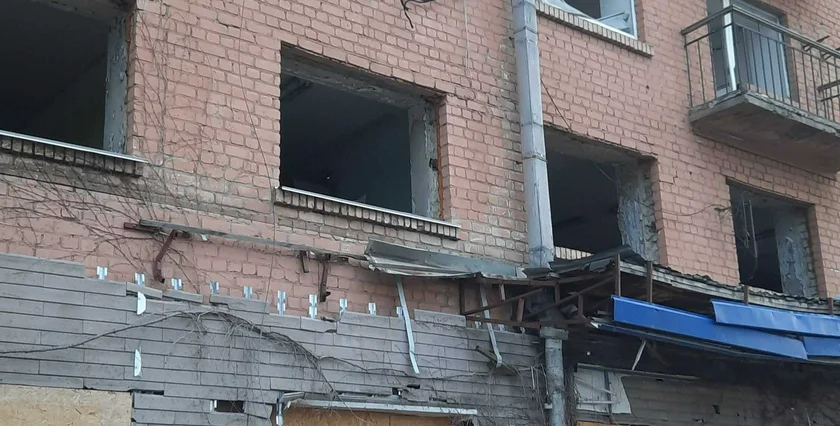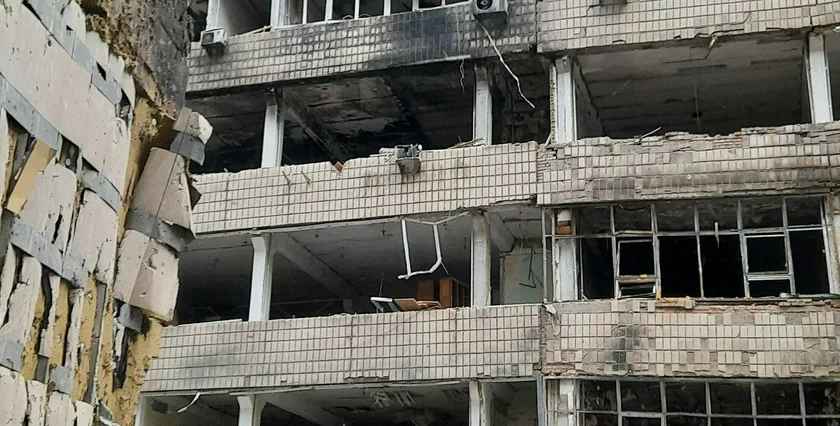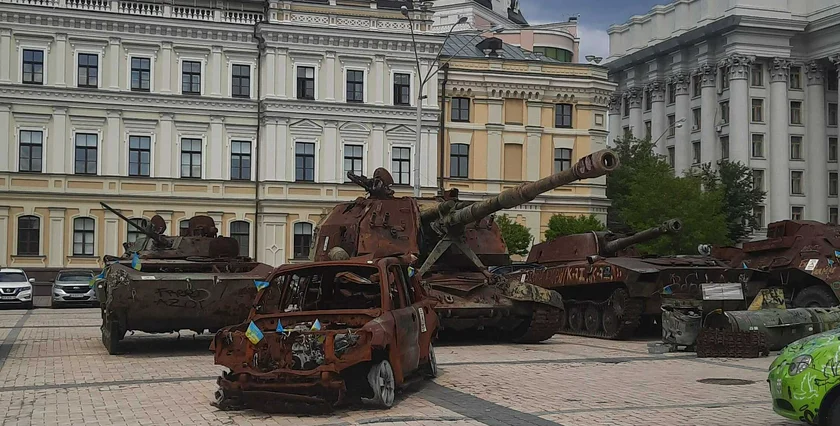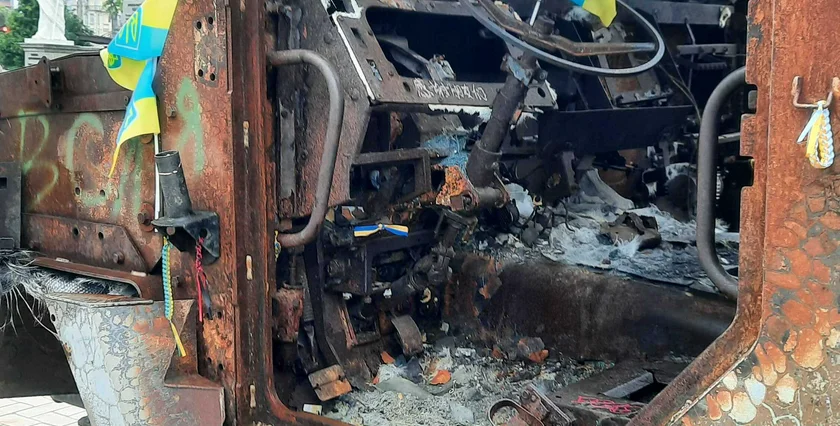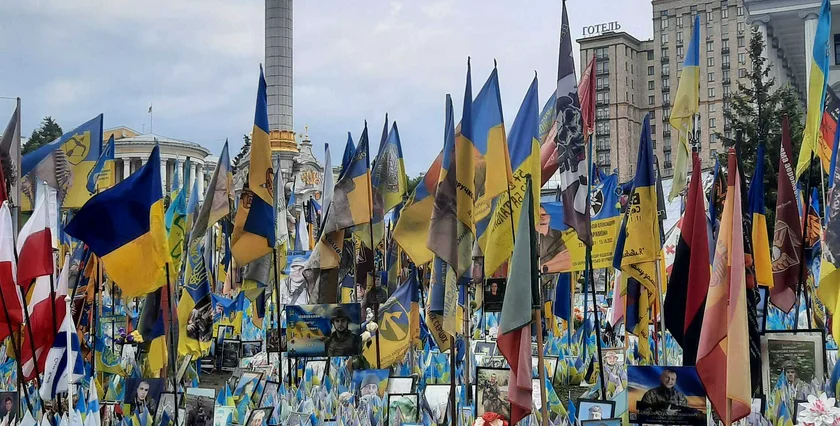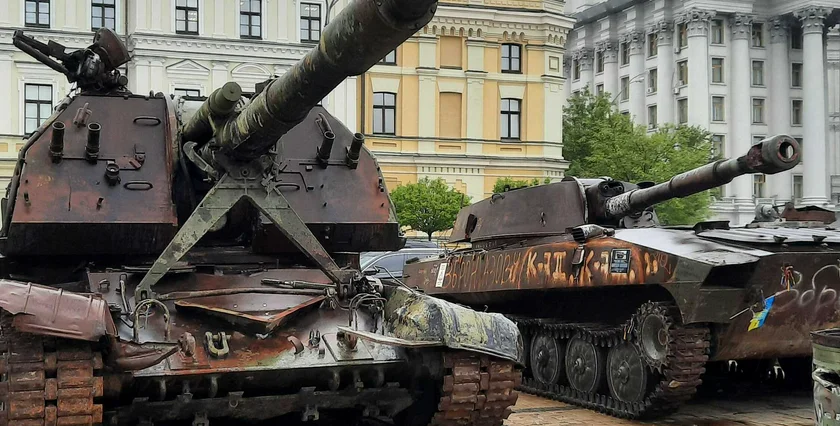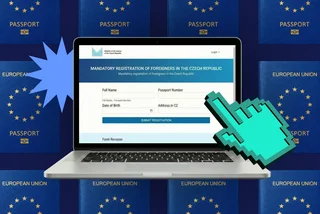Walking through the Ukrainian capital, life on the surface looks much like it might be in Prague. But come nightfall, the stark reality emerges: air raids, curfews that either send revelers home early or push them into bomb shelters.
For Kyiv’s foreign residents, the threat of bombs mingles with everyday challenges familiar to many expats—language barriers at the post office, unfriendly customer service, and the struggle to feel at home.
‘Desensitized to air raids’
Expats.cz first spoke with Liz, an American from Maryland who postponed her master’s degree in 2022 to volunteer in Ukraine. What started as a temporary mission became a full-time commitment, and she’s called Kyiv home since summer 2023.
Liz says she feels welcomed in Ukraine. “People often tell me I’m brave to be here, but I just believe this is the right thing to do.” Still, she hasn’t always been met with kindness.
“There’s a lingering Soviet mindset here—pushed underground, but still present. Many foreign volunteers face this.”
She recalls being told to “Go home!” by strangers and once having a pharmacist refuse medication for her sick son simply because she’s American. Liz believes a small minority sympathetic to Russia take out their frustration on volunteers.

On the surface, life in Kyiv looks much like Prague, and Liz can socialize with other English speakers. But restrictions remain: cafes close by 11 p.m., and there’s a night curfew from midnight to 5 a.m.
Air raids, mostly at night, have become routine. Liz says she’s “largely desensitized” to the sirens, a common feeling among locals. Shelters are plentiful, but most people rarely use them anymore.
‘Ukraine is a beautiful place to live’
Next, Expats.cz spoke with Sean, a long-term expat from Massachusetts who moved to Kyiv in 2012 to launch a real estate business and lived in Ukraine well before the war began.
“Honestly, about 90 percent of the expats I knew have left since the war started,” he says.
But Sean notes that many new expats have arrived since 2022, mostly working with the Red Cross, the UN, or volunteering independently. “So my social life hasn’t suffered; it’s just changed.”
For Sean, “daily life is 80-90 percent the same” as before the war, though “the constant sirens and attacks add stress and disrupt sleep.”
He adds: “People really appreciate seeing foreigners here, whether tourists or residents—it shows the world hasn’t forgotten Ukraine.”
Still, he feels the mood has darkened. “There’s a palpable sense of fear and pessimism. Ukraine is far from out of the woods.”

On the business front, Sean admits the war initially devastated his company, but it’s now recovering. “Almost all my clients are expats, which shows Ukraine still draws foreigners despite the conflict.”
“Ukraine is a beautiful place to live. When the war ends, more foreigners will settle here and help rebuild.”
‘There are people here from all over’
From Brazil, Clara left her job in Germany to help evacuate people from eastern Ukraine. She’s stayed on, now working for a military company and volunteering part-time with the Robin Hood Project.
“There are people here from all over—India, Canada, Peru, Australia. Life is tough, but they’re happy.”
Clara says Ukrainians—especially soldiers—are deeply grateful to see foreigners helping. “Even when I’m just here, it boosts morale.”

She and many other foreigners “fell in love with Ukraine and its people. Now we stay because they need us.”
“We—foreigners and locals—kind of feel like we’re f*cked. There’s a lot of talk about hope and rebuilding, but if Ukraine doesn’t win, rebuilding won’t happen properly.”
Culturally, she feels at home, seeing Ukrainians as warm and open, much like Brazilians. That’s why she envisions her future here—and because Ukraine needs foreign support. “No matter the outcome, Russia remains a threat.”












 Reading time: 3 minutes
Reading time: 3 minutes 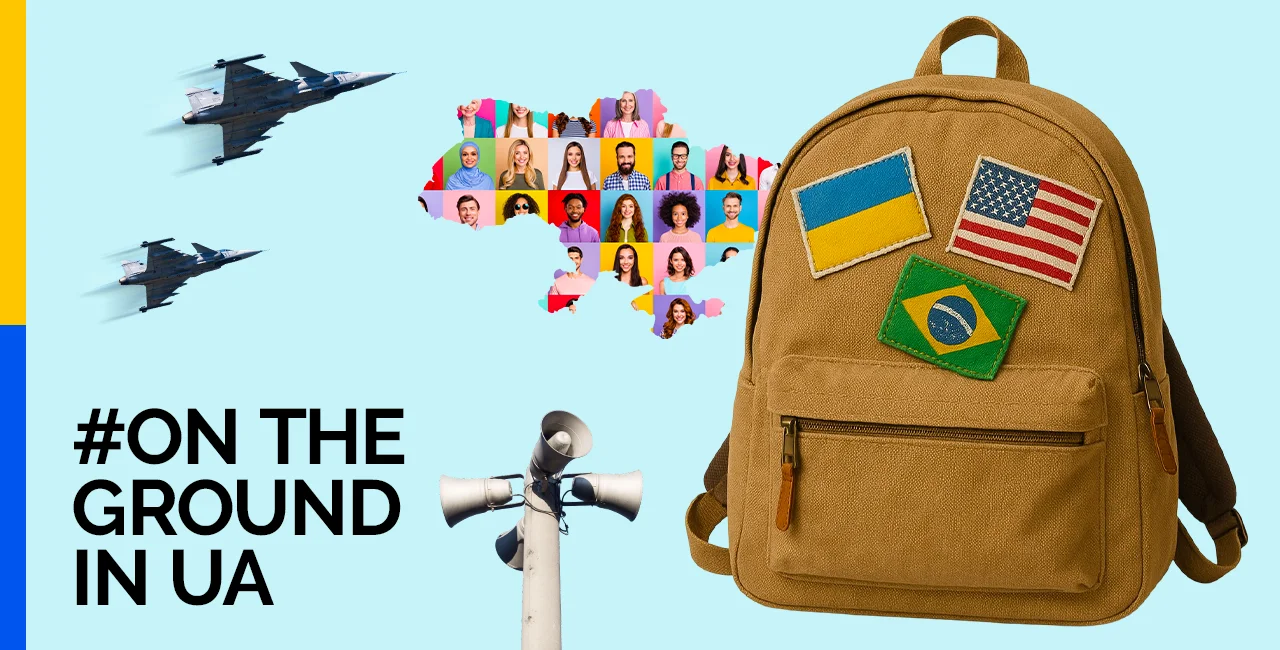


 English
(Advanced)
English
(Advanced)
